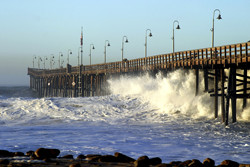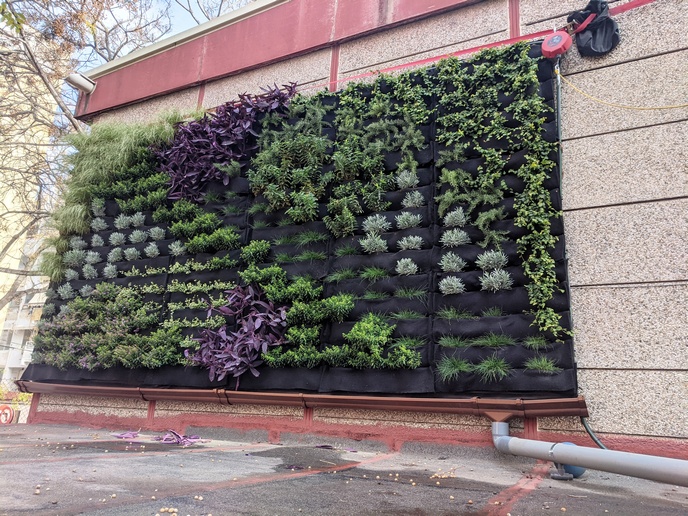EU–China exchange on coastal studies
Worldwide, approximately 50 % of people live on or near coasts. Hence, the study of coastal processes is very important, and, in particular, investigations of processes related to coastal flooding and coastal erosion may lead to an improved prevention or mitigation of hazards. Providing training in such research was one of the aims of the EU-funded 'Numerical simulation tools for protection of coasts against flooding and erosion' (SIM.COAST) project. The partnership of three European members was supported under the Marie Curie Research Staff Exchange Scheme, and ran over four years to March 2014. The main scientific goal was to contribute to the protection of coasts against flooding and erosion by improving the understanding of coastal processes and fostering training exchanges among the EU partners and two Chinese universities. The consortium focused on four aspects of coastal research: coastal erosion, coastal flooding, wave–structure interaction and the influence of climate change. Methodically, numerical simulation tools, geo-information-system tools, and coastal protection decision-support systems have been applied within the project. Results included establishment of a partner network, which also aided the sharing of knowledge and experience. The project set up 47 secondments of early stage researchers and 42 secondments of experienced researchers from EU to China and vice versa, constituting 87 person-months in total. The scientific achievements and the activities of the project where presented at in total 5 research seminars and the proceedings of the seminars were shared internally and distributed among other interested parties. Various papers were published as refereed papers and conference presentations. The project also introduced and implemented two new or improved models or modelling approaches. Team members also achieved a close link to other related national research projects. Specifically, both young and experienced researchers exchanged their experiences about the project's themes, including methodological approaches, and particularly wave modelling and simulation as well as the assessment of the influence of climate change. The group also offered training for use of an unmanned solar-powered sensor boat. Lastly, the researchers achieved significant cultural exchange. The legacy of SIM.COAST's work is research contributions to the important topic of coastal processes and coastal threats as well as their management. The research helped improve emergency procedures and facilitated change for coastal communities.







